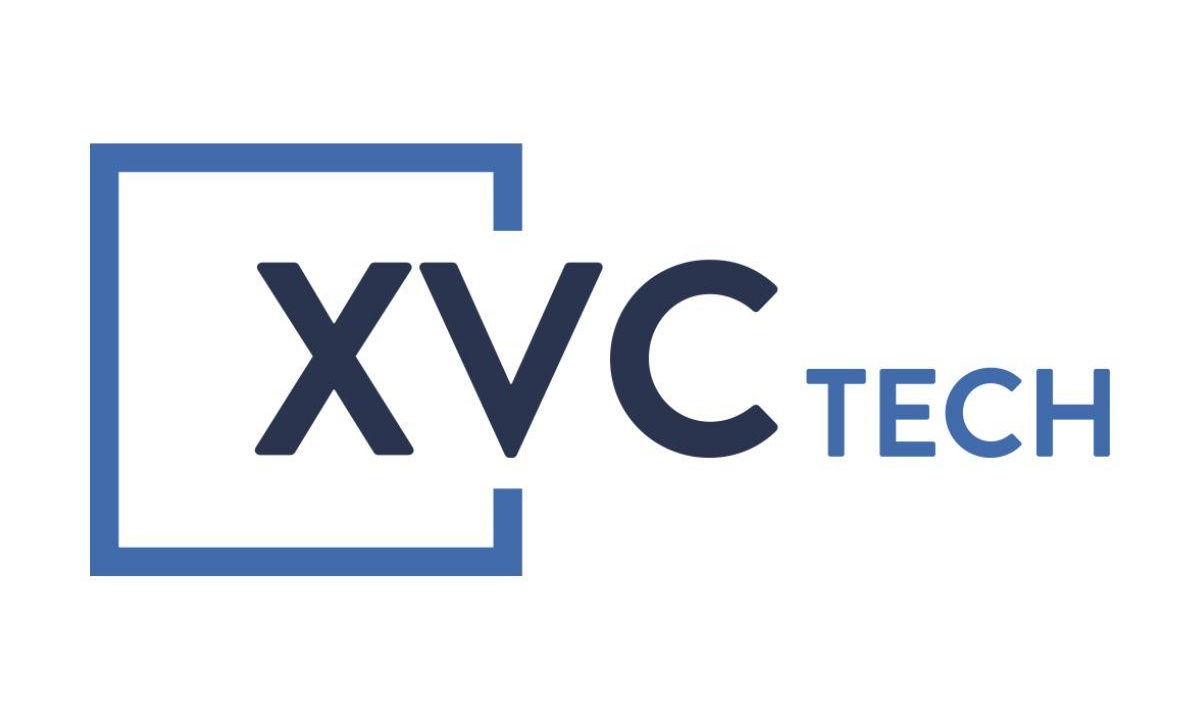Published
5 years ago on
August 02, 2018
“Each additional line multiplied the amount of XMR shown – which made tricking support staff into approving dodgy transactions much simpler. Hackers could then call exchanges and demand the transactions be processed immediately – claiming totals way over the amount originally sent for confirmation. Another disturbing details is that it appears the bug extends to other Monero-based coins. Indeed, the disclosure notes attackers were able to steal ARQ coins – a hard fork of Monero – from the wallet of exchange desk Altex.”See more for yourself, here. Hacks and thefts are problematic within privacy coins, so what’s the point in them?The idea of a privacy coin is to allow users to maintain complete anonymity, but in turn, this allows criminals and hackers to hide behind these masks too. The risk of attack can be reduced by making the currency less private but then in turn, you lose the unique selling point, so a solution is almost impossible to find. For Monero specifically, these vulnerabilities mean that data has the potential to be exposed, which in turn degrades the ‘privacy’ of the network. The coins aren’t so private, if a hacker can manipulate your assets, right?Therefore, surely it’s beneficial to reduce privacy, in an attempt to improve security? Investment Disclaimer








